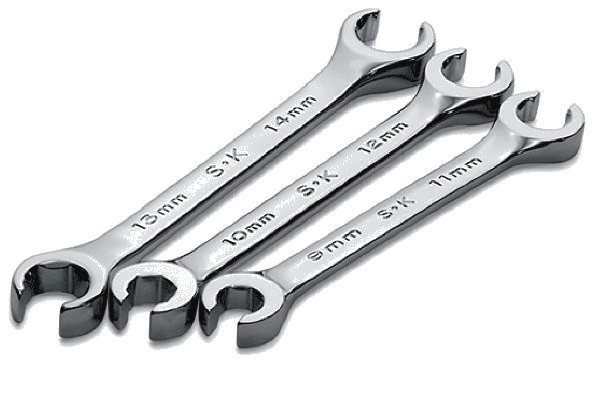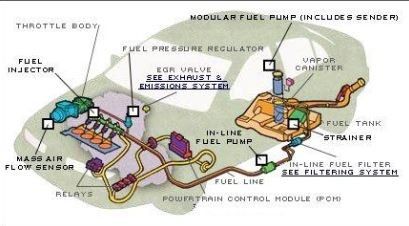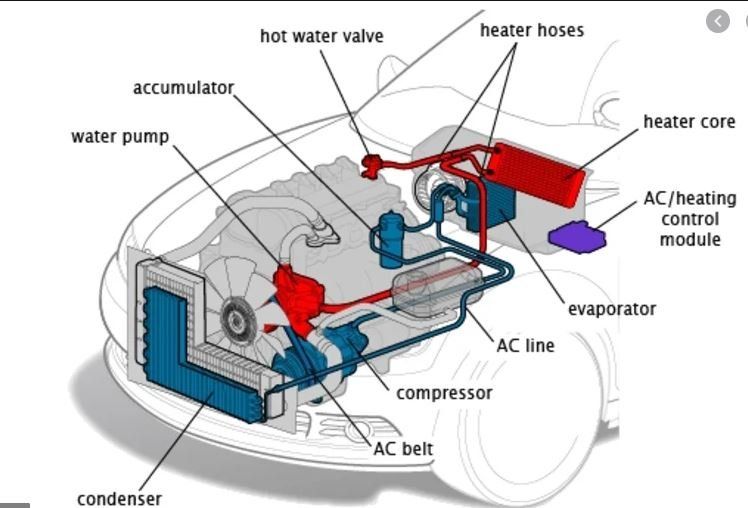Air Conditioning
Air Conditioning

As an
AA approved garage, we're inspected every year.

We’re licensed to recharge air conditioning systems
At JVS Engineer, we continue to invest in the latest diagnostic equipment. Our dealership-level software means that we are able to diagnose faults in up to 90% of makes including VW, Audi, Vauxhall, Hyundai, Skoda and Volvo. What's more, even if your car is under a three-year manufacturer's warranty, you don't have to go back to the dealership to have it serviced, come to JVS instead, saving you a potentially long round trip. Ask for details!
New for 2020 - JVS Cool
We are now able to offer our clients mobile services at their choice of location from the latest addition to the JVS Engineering fleet of vehicles. Our new service includes:
- mobile air-con
- diesel/petrol and carbon cleaning
- DPF cleaning.
What is DPF cleaning?
Diesel cars produce high levels of soot or "particulate matter" that can cause respiratory problems leading to an increased risk of cardiovascular disease.
However, since 2009, it is mandatory for a diesel car to be fitted with a Diesel Particulate Filter (DPF) in its exhaust to prevent some 80% of this soot being ejected into the air around us.
A DPF needs to be emptied regularly and, under normal conditions, this should happen when the car exhaust temperature is high enough, ie., when it's being driven at higher speeds on motorways or A-roads. The soot itself will be burnt off and only a small amount of ash residue will be left behind.
Unfortunately, it's not possible to remove this ash, unless the DPF itself is removed for specialist cleaning. But the good news is that your diesel car's DPF should last for at least 100,000 miles.
And if you drive your diesel car mainly in stop-start, low-speed urban conditions, the soot build-up will occur much more quickly. Not having your DPF cleaned regularly or ignoring warning lights could be costly: replacing a filter could cost at least £1,000 plus labour.
Drivers of diesel vehicles need to be aware of the following:
- You need to use the right type of oil as certain oils contain additives that can block filters.
- It is illegal to remove a DPF and the fines for doing so are hefty (up to £1,000 for cars and £2,500 for vans).
- Removing a DPF can invalidate your vehicle insurance policy.
- A DPF check is part of the MOT test and you vehicle will fail is the DPF has been removed.
- Even a warning light on the dashboard will leave to an MOT fail.
Call JVS Engineering if you require any further information about our mobile service.
6 Great Reasons to Choose JVS
1. We’re 50% cheaper than francise dealers
2. We give fixed price quotes
3. We pick up and return your car in DG5 and surrounding areas
4. Our mechanics are fully qualified and use the latest diagnostics
5. We offer a 1 year parts and repairs warranty
6. We're AA, the Motor Ombudsman and ServiceSure Accredited

Our services are delivered with courtesy and respect
Car Collection and Return
We offer a pick-up and return service throughout DG5 and surrounding post code areas.
Forgot your MOT date?
Click here to check your vehicle’s MOT and Tax status.
Book a Service or MOT
All makes of vehicle serviced with a choice of fully approved parts.
Click here to book now.
Our Opening Hours
Monday to Friday: 8.30am to 5pm and Saturday: 8.30am to 12 noon.
What our customers say about JVS Engineer
“Fantastic service from start to finish! I’d highly recommend the team here to anyone looking for a garage.” Sara Barbour

“Faultless service. Will definitely be back again in the future. Highly recommended.”
Gary Fergusson

“Always able to help, great service and very knowledgeable! Excellent alignment set up, well worth the extra miles you will get out of your tyres!” Martin Brown


Payment plans from JVS Engineer, Dalbeattie
Spread the cost of repairs with a payment plan from JVS Engineer! ASF (Auto Service Finance) allows you to spread the cost of your bill. Just pay 25% deposit, then pay the balance over three further monthly payments. Alternatively, with our Servicesure Service Plan Plus, you can spread the cost over a 6 month period. Call 01556 612183 or 07881 433971 today for details!
As an AA-accredited garage, JVS Engineer abides by the AA’s Industry Code of Practice which means you can be sure we are reliable and will provide an honest and fair service without overcharging you or doing work that wasn't required. All AA-accredited garages are hand-picked and have recognised industry accreditations and an excellent level of service, to ensure you and your car are taken care of. Open a free Automyze account and the work we carry out on your car can then be recorded in your online account, along with other useful vehicle administration tools like our free MOT due date reminders, a car cost calculator, tax reminders and car service due dates. Ask us for details!


Free brake pads for the lifetime of your car
Keeping your brakes in good condition is crucial to your safety and that of your passengers. As a Servicesure Brake Sure garage, JVS Engineer offer free brake pads and shoes for the lifetime of your car. Call
01556 612183 or
07881 433971 for details!
Provisionally book your car for a service, MOT or repair
We will confirm your booking by phone or email. If your preferred date is not available, we will contact to arrange a different time or date. Please note, the booking is only made once we have contacted you to confirm. Alternatively, call us on
01556 612183. We are open: Monday to Friday: 8.30am to 5pm and Saturday: 8.30am to 12 noon.




